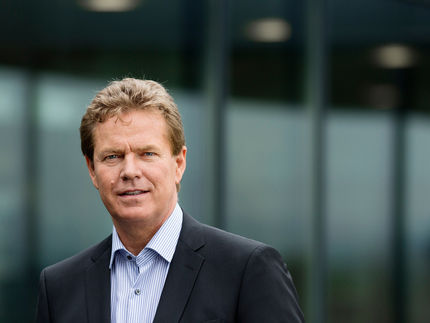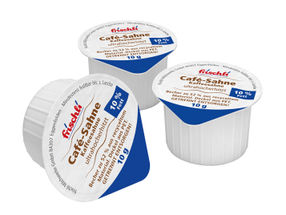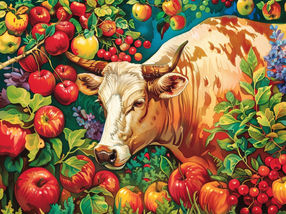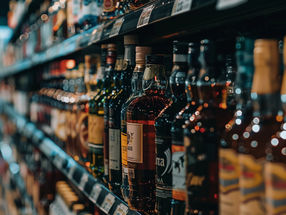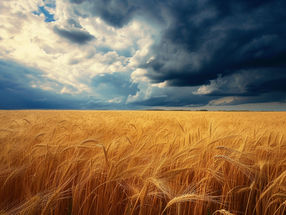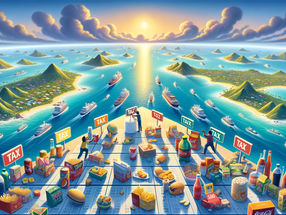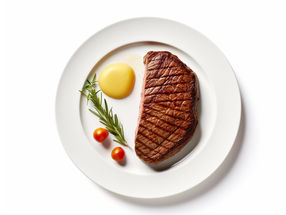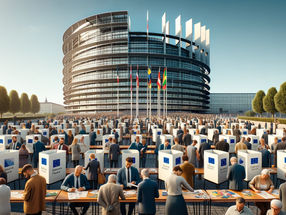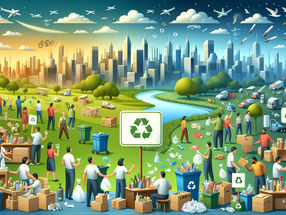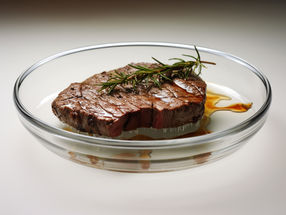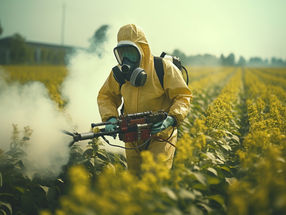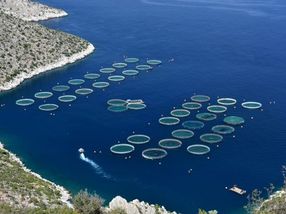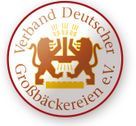France bans titanium dioxide in food from 2020
The substance is permitted and is used, for example, in toothpaste and cheese. But is it potentially dangerous to health? France wants to take him out of circulation soon for food - and Germany?
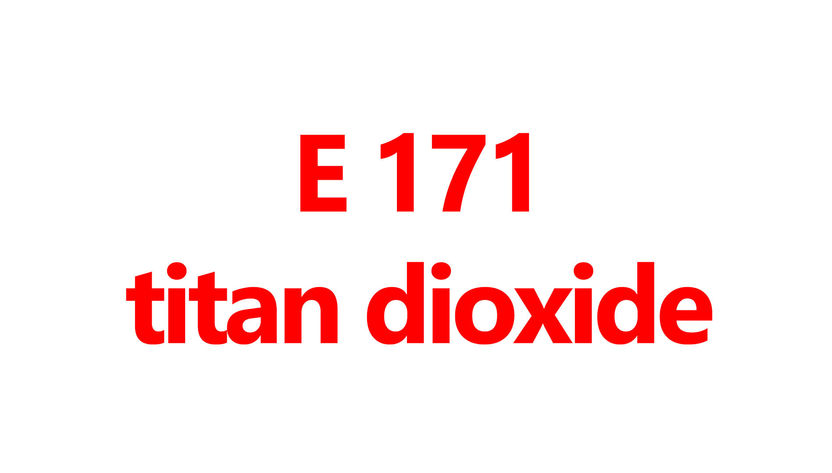
Because of health concerns, France bans the white dye titanium dioxide in food. The ban is to apply from 1 January 2020, announced the Ministry of the Environment and Economy. The additive, also known as E171, is used in sweets, mozzarella or toothpaste. He's supposed to make food shinier. For Germany, the Federal Ministry of Agriculture, Forestry, Environment and Water Management announced on request that it would intensively examine the French initiative to see whether a ban was justified.
A spokeswoman explained in Berlin that titanium dioxide is approved EU-wide as a food additive. If an EU state like France considers a ban to be necessary, it must inform the EU Commission and the other member states immediately. The intended measures would then be discussed at EU level. France had not yet submitted a proposal for a regulation by Thursday afternoon.
According to the Federal Government for Food Law and Food Science, titanium dioxide is also used in food in Germany. For example, the substance is also used in chocolate lentils.
The French health authority Anses had pointed out before the announced ban that it could not exclude a health hazard for humans due to missing data.
"In particular, it was not possible to establish an acceptable daily intake for this additive due to the lack of data", the Ministries' Communication now stated. Anses had accused the producers of not having provided such data. Therefore, it is now impossible to remove remaining uncertainties in order to guarantee the security of the white pigment.
Titanium dioxide is also found in paints, varnishes and plastics. In 2017, the European Chemicals Agency Echa proposed to classify titanium dioxide as category 2 - that is, the substance is suspected of causing cancer by inhalation. Last week, the EU postponed a decision to classify titanium dioxide as a hazardous substance. (dpa)
Note: This article has been translated using a computer system without human intervention. LUMITOS offers these automatic translations to present a wider range of current news. Since this article has been translated with automatic translation, it is possible that it contains errors in vocabulary, syntax or grammar. The original article in German can be found here.
Other news from the department politics & laws
Most read news
More news from our other portals
See the theme worlds for related content
Topic world Food safety
Food safety is at the heart of the food and beverage industry. It ensures that the food we eat every day is not only nutritious, but also free of harmful contaminants. From field to plate, the industry monitors and regulates every step of the process with strict quality controls, advanced testing methods and continuous research.
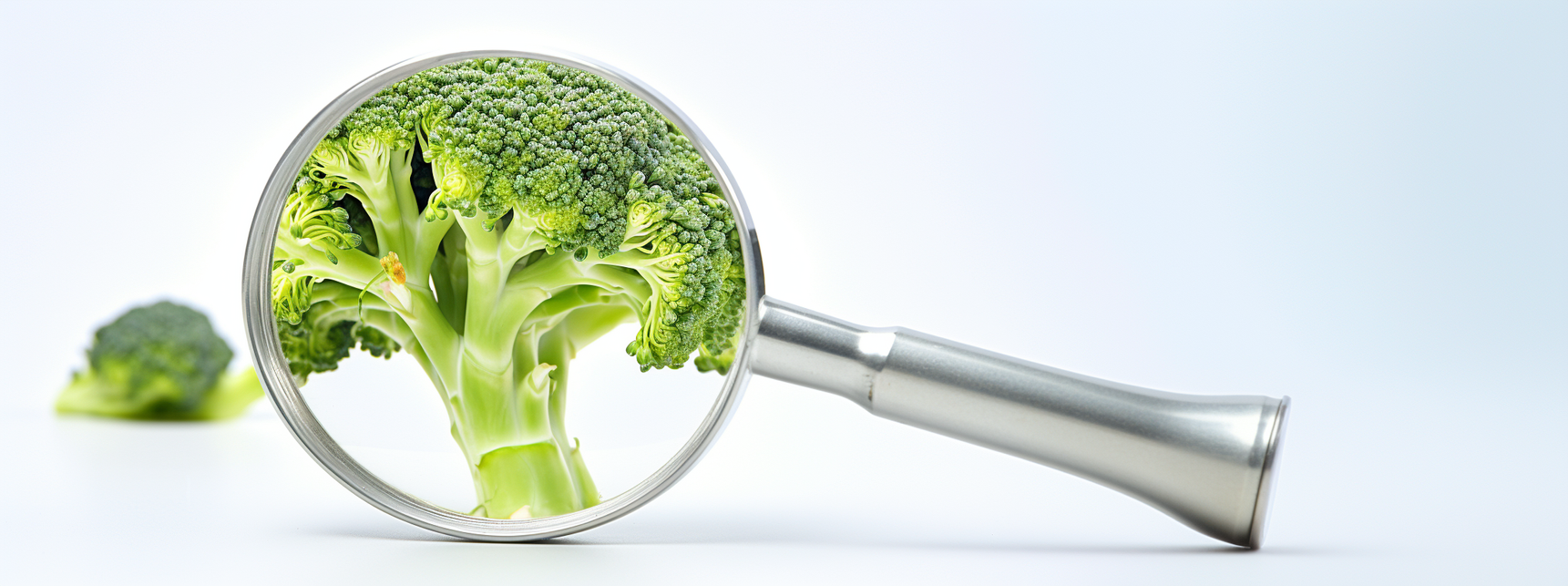
Topic world Food safety
Food safety is at the heart of the food and beverage industry. It ensures that the food we eat every day is not only nutritious, but also free of harmful contaminants. From field to plate, the industry monitors and regulates every step of the process with strict quality controls, advanced testing methods and continuous research.
